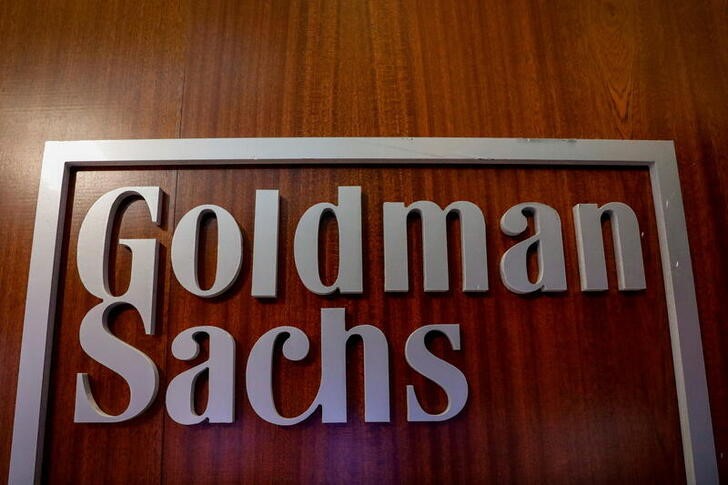By Andrew Chung
(Reuters) -The U.S. Supreme Court on Monday gave Goldman Sachs Group Inc (NYSE:GS) another chance to avoid an investor class action lawsuit accusing the bank of hiding conflicts of interest when creating risky subprime securities before the 2008 financial crisis.
The justices threw out a decision by the Manhattan-based 2nd U.S. Circuit Court of Appeals last year that had allowed Goldman shareholders including the Arkansas Teacher Retirement System to sue as a group under a federal investor protection law. The plaintiffs accused the bank of unlawfully hiding conflicts of interest when creating risky subprime securities.
In directing the 2nd Circuit to reconsider the matter, the justices said the lower court had failed to properly assess whether the bank's statements that the investors had called misleading were too generic to have affected its stock price.
The ruling, authored by Justice Amy Coney Barrett, hands Goldman a victory - for now - in a class action in which the plaintiffs have said they lost more than $13 billion due to the bank's conduct. However, the decision clarified that the burden is still on defendants like Goldman to persuade a court that their alleged misstatements had no impact on the stock price - a finding that conservative Justices Neil Gorsuch, Clarence Thomas and Samuel Alito said they disagreed with in a partial dissent.
In a statement, one of the law firms representing the shareholders, Robbins Geller Rudman & Dowd, welcomed the decision rejecting "Goldman's effort to flip the burden of persuasion" onto plaintiffs.
"Since this case was first filed more than 11 years ago, Goldman Sachs has spared no expense to avoid facing a jury for misleading investors about its role in the financial crisis," the firm said.
Goldman spokesperson Maeve DuVally said the bank was pleased with the decision and "we will continue to vigorously defend ourselves as the case returns to the lower courts."
The Arkansas Teacher Retirement System and other pensions that purchased Goldman shares between February 2007 and June 2010 filed suit, accusing the company and three former executives of violating an anti-fraud provision of the Securities Exchange Act of 1934 and a related SEC regulation. The plaintiffs said that the bank's fraudulent statements kept its stock price artificially high.
The case had been closely followed for clues as to how the Supreme Court, with its 6-3 conservative majority, would view shareholder class actions. Businesses often seek to limit the ability of plaintiffs to collectively sue in order to avoid the higher damages often awarded in such litigation.
The plaintiffs said that when they bought Goldman shares they relied upon the bank's statements about its ethical principles and internal controls against conflicts of interest, and its pledge that its "clients' interests always come first."
Goldman argued that these "aspirational" statements were too vague and general to have had any impact on the stock price.
The case stemmed from Goldman's sale of collateralized debt obligations including Abacus 2007 AC-1, which it assembled with help from hedge fund manager John Paulson.
In 2010, Goldman reached a $550 million settlement with the U.S. Securities and Exchange Commission to resolve charges that it cheated Abacus investors by concealing Paulson's role, including how he made a $1 billion profit by betting that the sale of collateralized debt obligations would fail.
The plaintiffs said that the share price would have been lower if the truth had been known about the company's conflicts of interest.
The 2nd Circuit last year upheld a federal judge's decision to let the plaintiffs sue as a group and rejected one of the company's arguments that generic statements can never impact a stock price.
Justice Sonia Sotomayor issued a partial dissent in the case, saying the 2nd Circuit's decision should have been affirmed.
